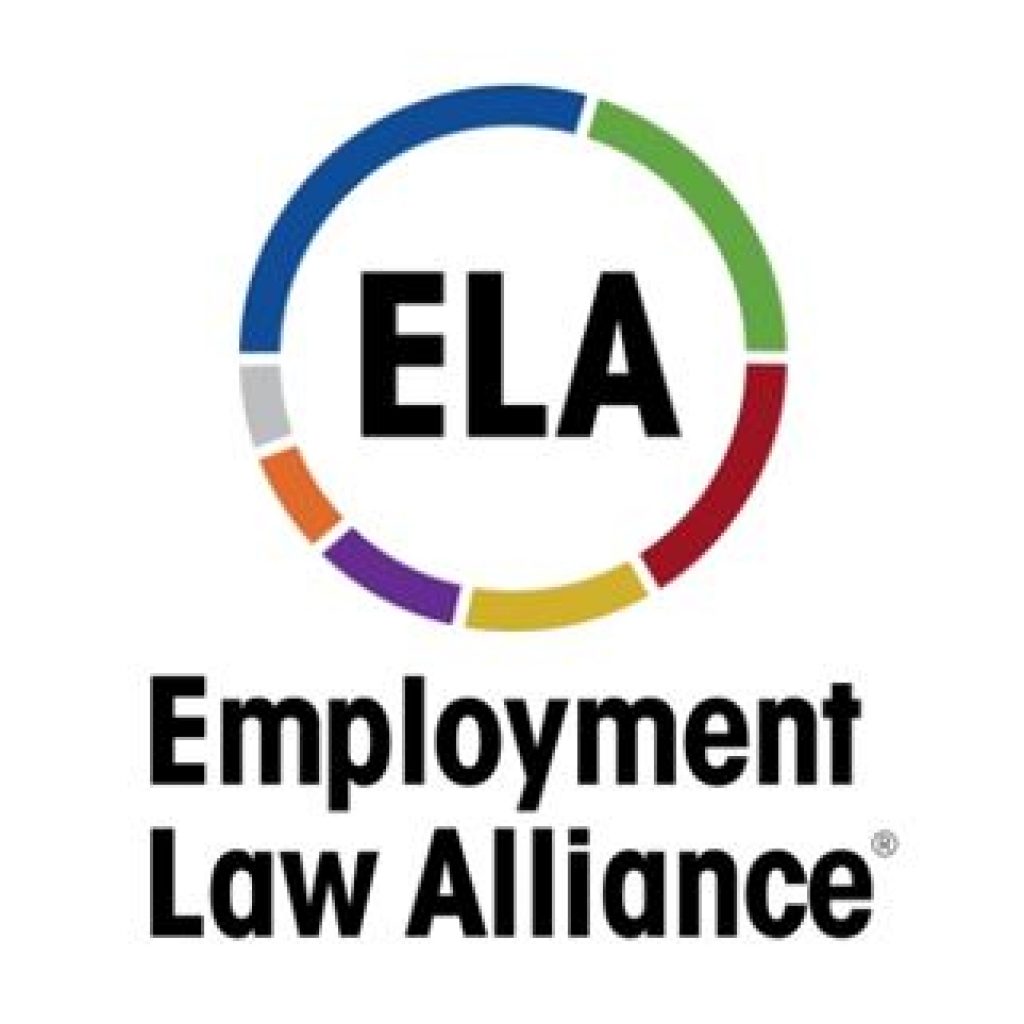NLRB Offers Guidance on When Arbitration Agreements Interfere with Access to the Agency
This month, the National Labor Relations Board (“NLRB” or the “Board”) issued two decisions addressing whether arbitration agreements unlawfully restricted employees’ ability to file charges with the agency or access the agency’s processes. The Board reached different outcomes in the cases, providing further clarity as to provisions that unreasonably bar or restrict employee access to the Board.
In Countrywide Financial Corp., the arbitration agreement stated that arbitration was “the exclusive remedy for covered claims” arising out of the employee’s employment. The Board reasoned that employees would reasonably interpret this language to restrict the filing of charges with the agency. Additionally, the Board concluded that the agreement’s “savings clause,” which provided that “[n]othing in this Agreement shall be construed to require arbitration of any claim if an agreement to arbitrate such a claim is prohibited by law” was too vague to salvage the agreement. The Board explained that a reasonable employee is not required to know what is “prohibited by law,” stating wryly that “rank-and-file employees do not generally carry law books.” Thus, the Board concluded that the arbitration agreement violated Section 8(a)(1) of the NLRA by restricting access to Board processes.
The Board reached a different result in Bloomingdale’s, Inc. There, the arbitration agreement mandated arbitration for all employment-related legal disputes or “claims arising out of, or relating to, employment…whether under federal, state, or local” law. Three paragraphs later, however, the agreement stated that claims by employees “under the National Labor Relations Act are . . . not subject to Arbitration.” The Board concluded that this “savings clause” contained an unconditional and explicit exclusion for NLRA claims, and, thus, employees would not reasonably interpret the agreement to bar or restrict their access to the Board.
The takeaway from these cases is simple: make sure that your arbitration agreement expressly permits the filing of charges with the Board. Vague language that requires workers to ascertain whether they are permitted to file charges with the Board are likely to be found unlawful. Employers should save themselves the frustration (and cost) by simply stating that its arbitration agreement does not foreclose filing charges with the Board.







